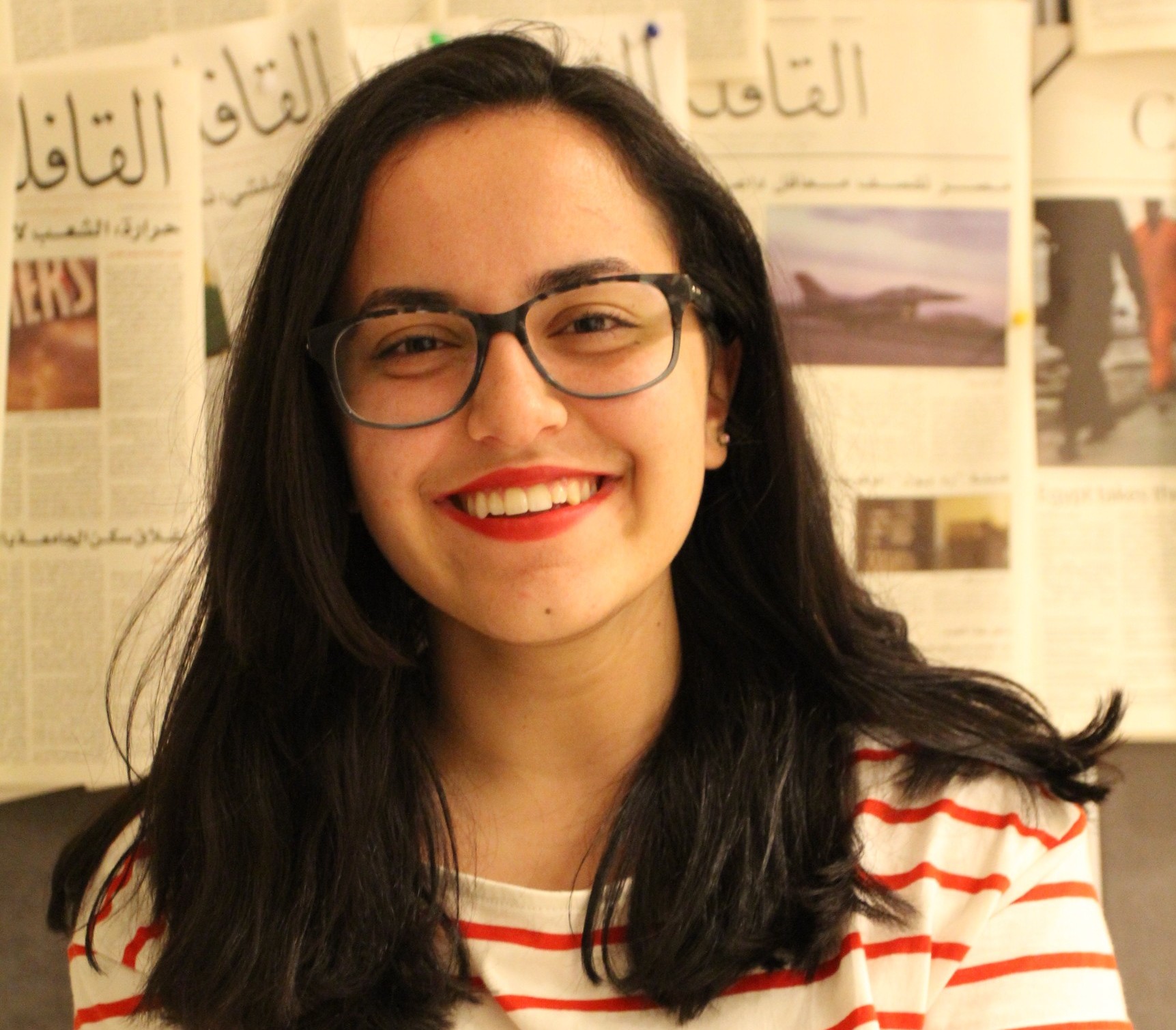 The past five years of ongoing political and social instability have created an opportunity that’s as good as any for Egyptians to stabilize the country.
The past five years of ongoing political and social instability have created an opportunity that’s as good as any for Egyptians to stabilize the country.
Sadly, ideological divisions have forced Egyptians to retreat to a place they’ve been to before. About 60 years ago, Egyptians were rallied behind sweeping national goals and ambitious reform programs.
Today, they still succumb to unifying gimmicks with their hearts set on developing the country and pushing it to new heights.
The Suez Canal, the Pyramids, and the ever-present ‘Nahda’ project feature consistently in these idealistic projections as reminders of greatness past and greatness to come.
But this creates a very definitive notion of who Egyptians are and who they should be – sometimes even,
who they aspire to be: a notion that is tied very strictly to the past, while fighting to remain new, attractive or relevant.
‘The Egyptian is he who built the Pyramids and the High Dam’.
‘The Egyptian protects his land’.
In this discourse, the Egyptian is and does a number of things that eventually create a nationalist box, decorated with the glories of previous victories.
But in society today, there are a number of increasingly stifling tides seeking to quell voices of dissent and resist the forces of impending change – possibly out of fear of what may be beyond the box.
There is a misconception that critique at this time will weaken the fabric of Egyptian society and not strengthen it.
This historical crossroads for Egypt is a defining one on all fronts.
It is an opportunity for Egyptians to rethink who they are and what they stand for, who they consider one of their own and who is an outsider.
Egyptians are at a moment that will inevitably shape the complexity of their identities for generations to come – as issues in gender, religious discourse, morality, politics and ethics come into play.
For instance, at this moment will Egyptians decide to push for the practice of more ethical journalism or will they revert to following the haphazard patterns of the past?
Will they believe that women’s rights in the country should mean more than a number ministerial positions and seats in parliament?
And these are but a few questions that have risen in the past few days in the country with the new parliament in session soon and the return of the infamous show Sabaya El- Kheir on the Al-Nahar network.
But what happens when the nation rethinks attitudes towards driving, the legal system, healthcare or political expression?
What about when rethinking attitudes towards ourselves, our neighbors and the people in our cities and provinces?
Feeling more empowered than in previous years, the Egyptian is really at a crossroads regarding the question of identity.
As 2015 comes to a close, we should ask ourselves ‘who is the modern Egyptian’?
